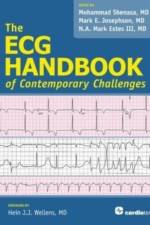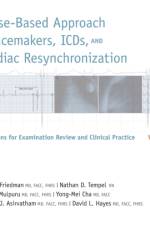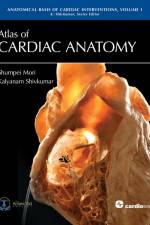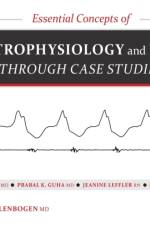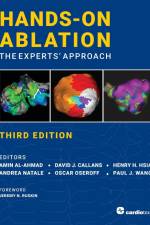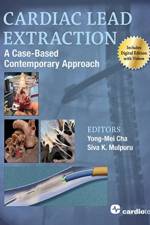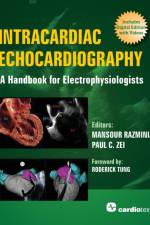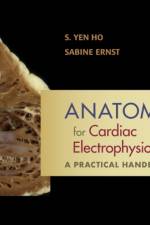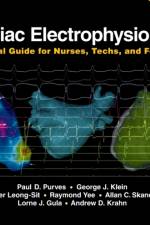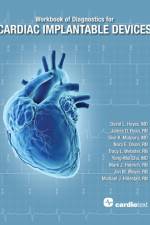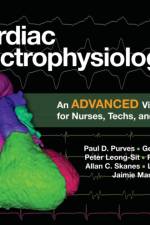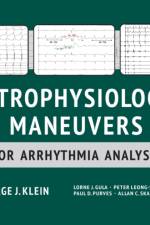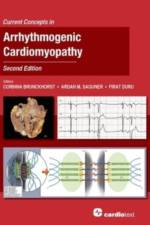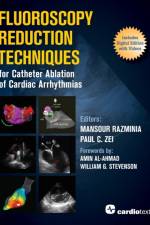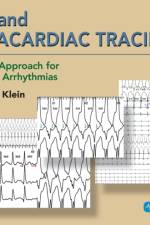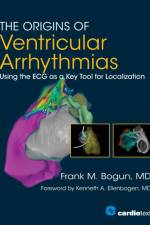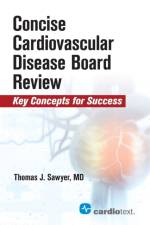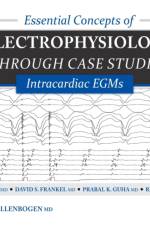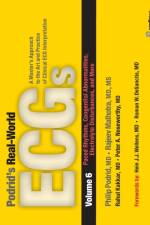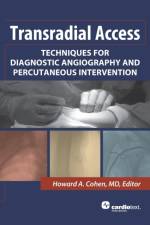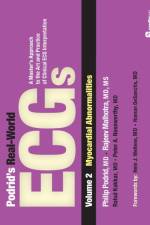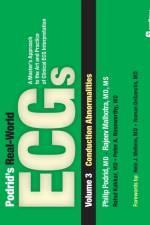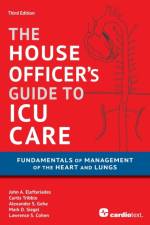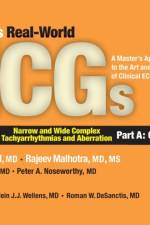av James Ryan, David L. Hayes, Nora E. Olson, m.fl.
1 789
To understand cardiac implantable electronic device (CIED) management, the clinician requires a foundation of information regarding CIED purpose, design and function, as well as experience in interpreting CIED output, i.e., electrical assessment of the system, programmed parameters, electrograms, and markers. In addition, one must be able to correlate and interpret the accompanying electrocardiographic tracing with the patient's clinical presentation. For students of CIED management, be they beginners in the field or more advanced, there is always an appreciation for case studies, i.e., real-world examples of managing a specific device-related issue. To this end, this workbook of 61 device management case studies has been prepared by six talented RN Device Specialists and three physicians involved in the Heart Rhythm Service practice at the Mayo Clinic in Rochester, Minnesota. Included in the case studies are examples from pacemakers, ICDs and CRT devices, illustrating interpretation and management of a variety of device behaviors, some with abnormal function that requires diagnosis and management approach, and others that display appropriate behavior of a specific device algorithm that may be confusing for the CIED student. ~David L. Hayes, MD, and the contributors - adapted from the Preface.


